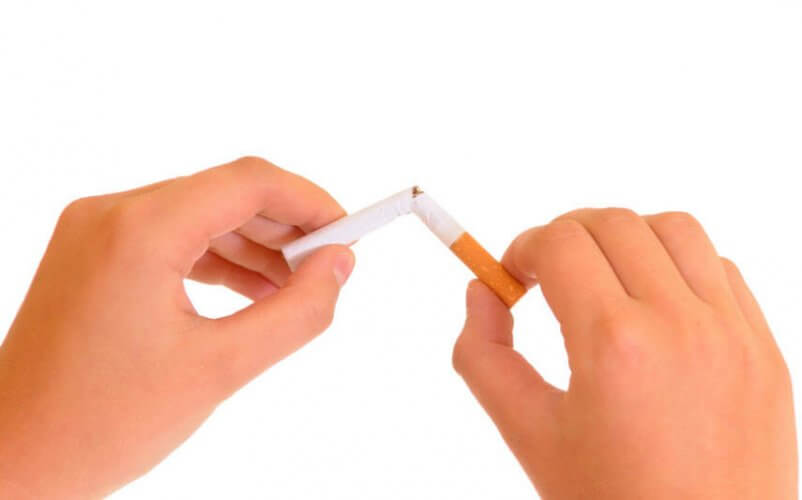
Smoking is a physical and psychological addiction that can feel like a moment-to-moment struggle when you decide to stop. You need to create a plan that fits your needs, things that trigger your desire to smoke, and your lifestyle. It’s also good to focus on the benefits of quitting, including health benefits which affect your whole quality of life! And, you may lower the cost of your health insurance.
People who quit smoking now, regardless of how long they’ve been a smoker, will experience short-term and long-term benefits, including, on average, a longer and healthier life than those who continue to smoke. If you quit smoking, it lowers the risk of lung cancer, other cancers, heart attack, stroke, and chronic lung disease.
Five simple things you can do after you make the decision to quit smoking:
• Set a quit date within the next two weeks – this will help to create a concrete goal in mind.
• Tell your friends and family, or at least a few people who can keep you accountable
• Have a back-up plan that will help you deal with withdrawal symptoms, as well as if you should relapse
• Cut off ties with activities or places that you often associate with smoking; if you can identify patterns or triggers, you can prevent yourself from falling into the same traps
• Clean up your room, house, work space, car, anywhere that you can smell the smoke, and make sure to throw away your cigarettes and keep them out of your immediate reach
As soon as you quit, you may feel some of the effects of withdrawal. These are real physical symptoms and can cause a lot of stress. In order to deal with these challenging times and moods, it’s often good to remind yourself that you’re fighting an addiction. There are real changes happening in your body that affect your health after you stop smoking, including:
• 20 minutes after – your heart and blood pressure drop
• 12 hours after – your blood’s carbon dioxide level drops to normal
• 2 weeks after – your circulation improves and lung function increases
• 1-9 months after – coughing and shortness of breath decrease, regaining normal function of lungs
• 1 year after – the risk of heart disease is cut in half of that of a continuing smoker
You may need some extra help; only about 4% to 7% of people are able to quit smoking on any given attempt without medicines or other aids, compared to 25% of smokers who used the patch or medicine and were able to quit smoking.
There are two forms of medication that can help: nicotine replacement therapy, which gives your body low doses of nicotine to slowly wean your body off, and non-nicotine medication which helps to curb cravings and help address symptoms of withdrawal. In addition to medication, counseling and therapy were also shown to boost success rates versus just using medicine.
Lastly, identify your triggers so that you can avoid temptation. Some recommend keeping a journal where you write down the time, place, and what was happening when you got a craving. If you find that you crave a cigarette after a bad day, you will want to think of alternative ways to deal with your stress, such as exercise, spending time with friends or family, meditating, or another hobby that you can engage in. It also helps to reward yourself so that you feel like you’re making progress.
It’s often said that you must replace a bad habit with a good one, so if you can find a healthy activity that helps you cope with not smoking, you can substitute this in its place to help lessen the “loss.” Some find it helpful to replace a cigarette in the mouth with something else, like:
• candy
• chewing gum
• brushing your teeth
• drinking water
There’s no one way to quit smoking, but by employing as many tips as you can it will help boost your rate of success. When you are aware of the challenges of quitting and knowing that you have alternatives besides just smoking and not smoking, the quitting process can feel more attainable.
Cheers to your health and new lifestyle! Don’t forget to check on getting a lower rate on your health insurance.
Have you used other ways to quit? Feel free to share your thoughts in the comments section below.



